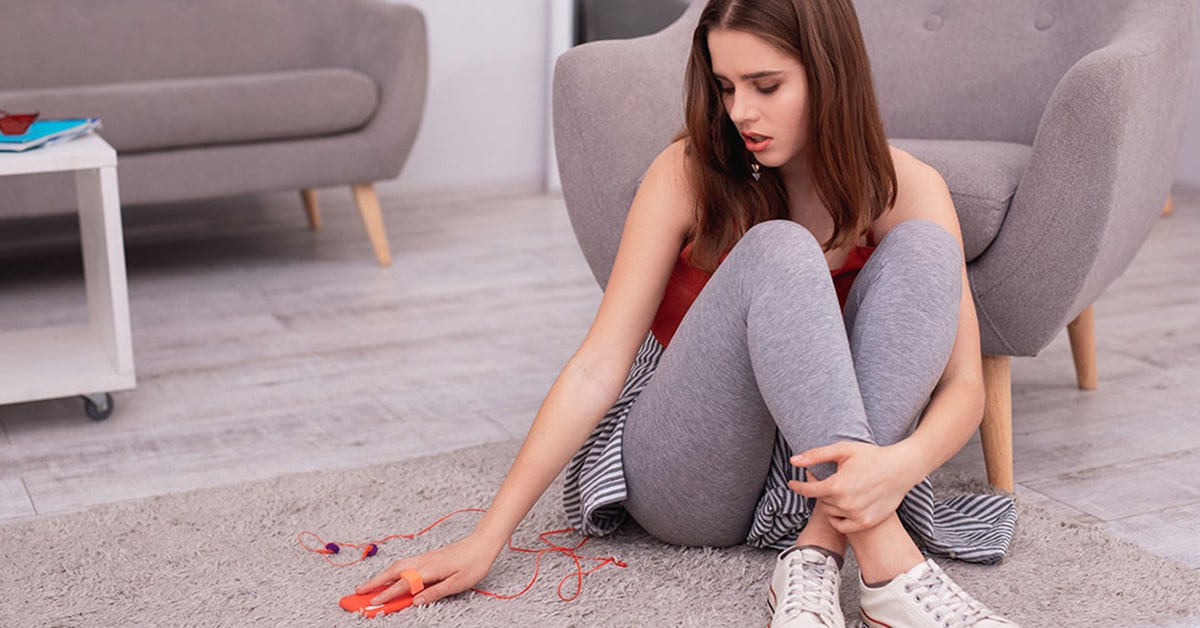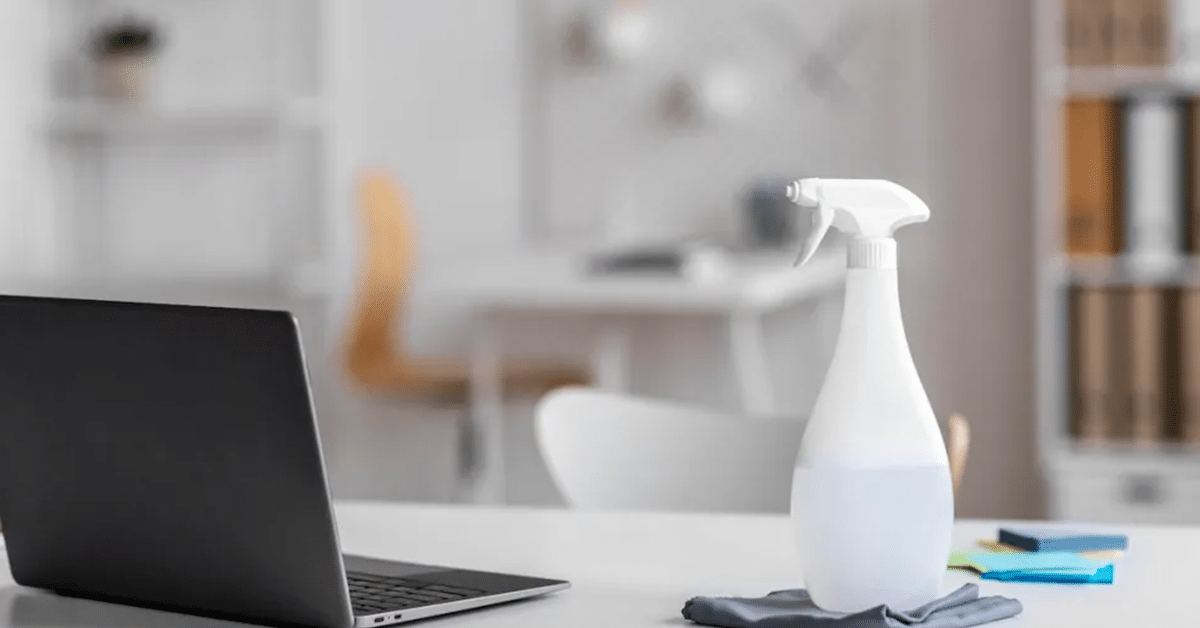First off, why do we need positive self-esteem?
Self-esteem drives confidence which is linked to satisfaction and happiness. When you believe in yourself, you are less critical of yourself and more flexible with your thoughts in general – allowing you to learn, grow, evolve, and succeed more effortlessly.
Giving yourself the benefit of the doubt helps to drive positive core beliefs like “I am lovable” and “I am good enough” which, in turn, drives overall mood. A happy, confident mood is contagious, so people naturally gravitate to you and want to be around you more. And, when you don’t have the harsh inner critic, you often tend to be less judgmental of others as well. With high self-esteem, relationships are enhanced and life feels good.
How social media lowers self-esteem…
If your self-confidence/esteem is already low or wavering, looking at the highlights of others is only going to reinforce those feelings – of not living up to standards, not being good enough, etc. People simply don’t often post their low moments on social; why would they unless they’re seeking support and empathy and while it does happen, it doesn’t happen regularly. Instead, people tend to post ONLY the best moments of their days, weeks, or years.
Society has been groomed to “put on a happy face” and “always put your best foot forward” so it makes sense that these online video/photo sharing platforms serve as a highlight reel of life’s brightest moments. Many people use filters to improve image appearance and often take a lot of snaps to get the “perfect shot” to post. Why? It is a way to get external gratification – to get the approvals (likes) and the positive affirmations (comments) – which provides a physical dopamine buzz.
“Dopamine is a chemical produced by our brains that plays a starring role in motivating behavior. It gets released when we take a bite of delicious food, when we have sex, after we exercise, and, importantly, when we have successful social interactions. In an evolutionary context, it rewards us for beneficial behaviors and motivates us to repeat them.”
~SITN, Harvard University
Unfortunately, not everyone gets all the positive social reactions they had hoped for. Even if they get a positive response, there’s always someone else with more likes compliments followers to be jealous of. This is all just a way to set ourselves up to be critical of ourselves which then serves to lower our self-esteem, confidence, and positive outlook on life.
When someone chooses to start their day by immediately checking social feeds, they give away their own optimism for their day by reading and falling into the posts of others. Alternately, checking likes and followers right before bed can set someone up for unhelpful shifts that can impact restful sleep, including nightmares or insomnia. Many teens and adults alike report increased depressed mood when they are checking social in their evening downtime before bed.
Are there benefits to social media engagement?
Using social media in moderation just to enhance your life can be good for self-esteem – just so long as one remembers that going to social media for validation too often is unhelpful. It is a highly digital world now and there is no denying it. Interacting online is a new normal.
Social media can help raise awareness for important issues. We can learn about environmental concerns. We can better understand, relate, and support people from different cultures all across the globe. This broadened knowledge of the world and it’s varied cultures and social norms is great for increasing our empathy for others and can help us find courage to be different and embrace our uniqueness.
Social media can be a great outlet for creativity and self-expression. Receiving positive affirmations about your talent can boost confidence and help nudge you to branch out and perhaps go bigger than you may have otherwise.
Social media enables people to stay in touch with family and friends that aren’t nearby. This may drive to reconnect or message old friends, witness highlights from their lives, share a reel to bond over, etc. IF there is already a healthy sense of self-esteem in place, then social media can help enhance by meeting new people like-minded, cooking classes, restaurants, travel destinations. In this way, social media is helping to form positive connections – and connection is at the core of human nature.
But on the flip side of great connection, you may find intensified loneliness.
While you are rediscovering and connecting online with faraway family and long-lost or new friends, you may also discover that IRL (in real life) you feel very lonely. You may notice online friends are going out and doing things without inviting you (local or online), and you realize maybe you weren’t as much a part of the group as you had hoped.
Not being invited to event, then seeing the posts on social gives evidence that youre being excluded. Back in the day before social, you may not have even known the event happened without you and your confidence and happiness wouldn’t have taken the hit.
FOMO (Fear of Missing Out) comes into play here too. This means you are actually feeling a sense of anxiety (e.g. fear) that you weren’t included in something that could have held the potential for a good time or interesting experience. Because YOLO (You Only Live Once), FOMO can be a very real and distressful feeling.
All of this can intensify and exaggerate feelings of depression and social anxiety as you’re constantly being shown a greater contrast from your own life and the life you may wish to lead. The best thing is to do to combat this social anxiety is to think through logically like maybe you were happier doing whatever you were doing anyways and to give the benefit of the doubt to the host for not thinking to invite you.
How can I protect from the downsides of social media?
While socializing online with new friends can be good, there is a risk of cyber ‘friends’ being no good for you and to you. This online world is FULL of cyberbullying, catfishes, trolls, and people with few internal boundaries who have extreme views and like to push them onto others. It is important to be aware when someone is being too negative or pushy or fake – and to remove them! Tailoring you feed to unfollow/hide/block the negative nellies and search for lighthearted and fun things to follow – cute puppies, motivational quotes, the beauty of nature, recipes, funny babies, cats on glass tables, amazing artwork, travel destinations, mental health and mindfulness feeds – all of these can help brighten your day when you check in instead of sucking you into a foreboding pit of despair.
Social media addiction is a very real thing. As we mentioned the dopamine high earlier, our brains get used to the feedback loop and begin to “require” more and more of it and eventually you end up in the black hole of scrolling. You may intend to spend 20 minutes and then realize hours have passed. These platforms are designed to have us check them and check in constantly; the feedback loop in our brains gets shorter and shorter each time. The best way to address this social addiction is to have awareness about your actions and examine your habits – then work to change them as needed!
Are you able to leave your phone in another room? Do you need to check your phone every 30 minutes? Try leaving your devices off or put away for the entire evening, every evening. And or look at the “digital wellbeing” tracker on phone to tell you how much screen time you have used and set goals to keep it to a minimum or predefined “acceptable” amount.
Are you using it for the right reasons? To connect instead of comparing or hiding from real life? Or are you avoiding awkward moments and eye contact by checking phone to escape to like a security blanket?
What is your mindset before opening social? It’s best to NOT reach for the phone and peep social media first thing in the morning. Instead, start your day with a meditation, stretching, tea, shower, and exercise. This is investing in yourself and your positive mindset instead of investing in other people. It’s SO important to fill you up first before pouring into other people’s thoughts and opinions and requests!!
At least 30 mins before going to sleep, turn off the screens. Light (not just blue) effects your brain’s melatonin release which allows your body to wind down and get ready for sleep. You can keep a soft light if you want to read or journal about the day you had and/or your plans for the next day, or you can simply lie in the dark. Do a relaxing yoga Nidra or body scan meditation, and perhaps listen to a bedtime story, sleep music, or white noise to lull you off to a restful night’s sleep.
Know that social media is not just a teen or adolescent thing either. It’s a generational thing.
Every one of us is susceptible to the traps that lie within the online realm. So, go out and connect and have some fun and share some highlights, but be MINDFUL and tailor your experience to meet your needs – and if you can’t weed out the negativity from your feeds, it may be time to tuck that platform away for good!
BTW… if you or someone you know would like help weaning off from social media addiction, improving self-esteem and confidence, or combatting loneliness and depression, the world is full of amazing therapists like us who specialize in exactly those things – we are here for you!!!
Keep Reading
Want more? Here are some other blog posts you might be interested in.








